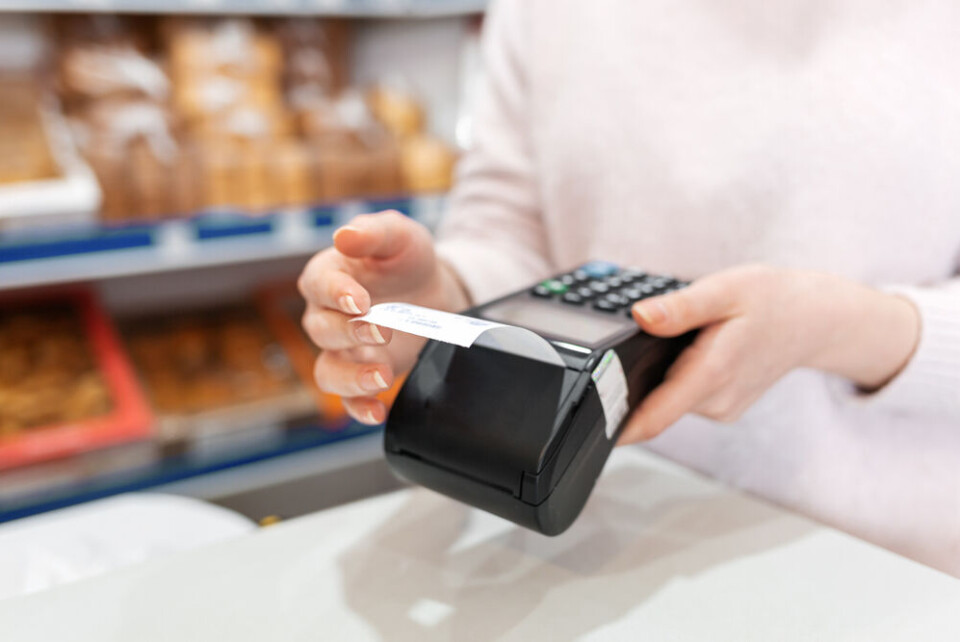-
Many French supermarket loyalty card points expire soon – see dates here
Most points disappear between December and March
-
Shop donations: Pays de la Loire and Corsica are France’s most generous regions
Almost €15 million was raised in 2025 via ‘round up’ donations at checkouts
-
Map: Auchan plan to sell 91 supermarkets across France
The group had previously said it would retain ownership of the rebranded supermarkets
How can I prove purchases I have made in France without paper receipt?
Paper receipts are no longer automatically given in every instance

Reader Question: How can I prove that my purchases are above board when paper receipts are abolished and is a guarantee affected with one?
It is important to clarify that the printing of paper receipts has not been abolished entirely in stores.
Any customer who requests a printed receipt should be given one.
On August 1, after the government postponed the decision three times, supermarkets and other shops across France ended the automatic printing of till receipts in line with 2020 legislation called the loi anti-gaspillage pour une économie circulaire.
It covers receipts generated by sales outlets and establishments that are open to the public, such as supermarkets, tickets issued by vending machines, and bank card receipts, as well as vouchers and promotional or discount coupons.
Some receipts are still printed…
Guarantees will not usually be affected because there are several items that still need an automatically printed receipt.
They include ‘durable’ goods, such as household appliances, computer equipment and phones.
The receipts are proof that the items are covered by a legal warranty, and for how long.
Other exceptions include bank card receipts relating to cancelled or credited transactions, restaurant and hotel bills, and when buying a service – for example, going to a hairdresser.
… and the rest can still be requested
Consumer groups point out that a printed till receipt can also be invaluable when it comes to avoiding errors at a retailer’s checkout – if a promotion has not been taken into account when the customer paid, for example.
Printed receipts also enable shoppers who are using self-service check-outs to physically leave the stores (typically, the receipt needs to be scanned at an exit gate), as well as providing proof of purchase in the event of a product recall.
They can also be important paper records for people looking to keep track of their budgets.
For those with the technology, there are alternative ways of obtaining a proof of purchase, with many stores offering to send tickets de caisse via text message or email, or by scanning in a QR code.
Some shops also have phone apps that save your receipts if you scan your store card before purchase, including most major supermarkets.
However, in the absence of any of these, if you did have an issue with an item for which you did not have a receipt, you might have to go through bank statements or ask the shop to search its records.
The official consumer protection agency DGCCRF allows people to report a problem with a shop via its SignalConso website (an app also exists).
However if in doubt it is always best to ask for a paper receipt.
Related articles
In which cases will shoppers still be given paper receipts in France?
























